detail profile r c3 a9gis debray
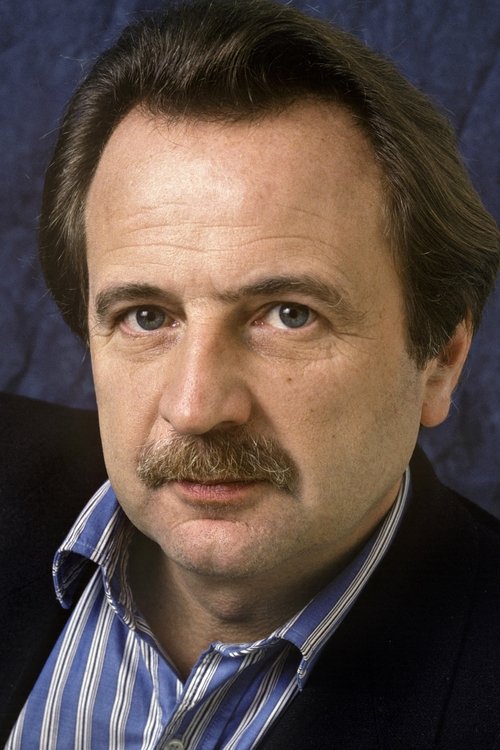
Riwayat Hidup
Jules Régis Debray (born 2 September 1940) is a French philosopher, journalist, former government official and academic.
He is known for his theorization of mediology, a critical theory of the long-term transmission of cultural meaning in human society, and for associating with Marxist revolutionary Che Guevara in Bolivia in 1967 and advancing Salvador Allende's presidency in Chile in the early 1970s.
He returned to France in 1973 and later held various official posts in the French government.
Born in Paris, Régis Debray studied at the École Normale Supérieure as taught by Louis Althusser.
He appeared as himself in the cinema verité movie Chronique d'un été by Jean Rouch and Edgar Morin in 1960.
He became an "agrégé de philosophie" in 1965.
During the late 1960s he was a professor of philosophy at the University of Havana in Cuba, and became an associate of Che Guevara in Bolivia.
He wrote the book Revolution in the Revolution?, which analysed the tactical and strategic doctrines then prevailing among militant socialist movements in Latin America, and acted as a handbook for guerrilla warfare that supplemented Guevara's own manual concerning the topic.
It was published in Cuba in the "Cuadernos" collection by Casa de las Americas in 1967, by Maspero in Paris, in New York (Monthly Review Press and Grove Press), Montevideo (Sandino), Milan (Feltrinelli), and Munich (Trikont).
Guevara was captured in Bolivia in October 1967; on 20 April 1967 Debray had been arrested in the small town of Muyupampa, also in Bolivia.
Convicted of having been part of Guevara's guerrilla group, Debray was sentenced on 17 November to 30 years in prison.
He was released in 1970 after an international campaign for his release which included appeals by Jean-Paul Sartre, André Malraux, General Charles de Gaulle, and Pope Paul VI.
He sought refuge in Chile, where he wrote The Chilean Revolution (1972) after interviews with Salvador Allende.
Debray returned to France in 1973 following the coup by Augusto Pinochet in Chile.
After the election in France of President François Mitterrand in 1981, he became an official adviser to the Président on Foreign Affairs.
In this capacity he developed a policy that sought to increase France's freedom of action in the world, decrease dependence on the United States, and promote closeness with the former colonies.
He was also involved in the development of the government's official ceremonies and recognition of the bicentennial of the French Revolution.
He resigned in 1988.
Until the mid-1990s he held a number of official positions in France, including an honorary counselorship at France's supreme administrative court, Conseil d'État.
In 1996, he published a memoir of his life, translated into English as Régis Debray, Praised Be Our Lords (Verso, 2007).
.
.
.
Source: Article "Régis Debray" from Wikipedia in English, licensed under CC-BY-SA 3.
0.
Info Pribadi
Peran Yang Di Mainkan Régis Debray
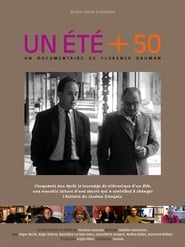 A seventyfiveminute documentary featuring outtakes from...
A seventyfiveminute documentary featuring outtakes from...Un été + 50 2011
A seventy-five-minute documentary featuring outtakes from "Chronicle of a Summer" (1961), along with new interviews with co-director Edgar Morin and some of the film’s participants.
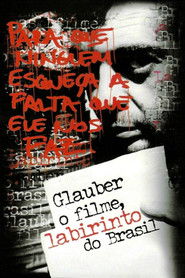 Documentary about Brazilian filmmaker Glauber Rocha...
Documentary about Brazilian filmmaker Glauber Rocha...Glauber Rocha - The Movie, Brazil's Labyrinth 2003
Documentary about Brazilian filmmaker Glauber Rocha, one of the most important names in the Cinema Novo, with interviews with some of his friends and colleagues.
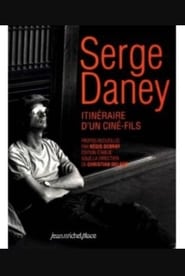 Serge Daney the most influential film...
Serge Daney the most influential film...Journey of a “Cine-Son” 1992
Serge Daney, the most influential film critic after André Bazin, interviewed by Régis Debray a few months before his death.
 Marcel Ophuls riveting film details the...
Marcel Ophuls riveting film details the...Hôtel Terminus: The Life and Times of Klaus Barbie 1988
Marcel Ophuls' riveting film details the heinous legacy of the Gestapo head dubbed "The Butcher of Lyon." Responsible for over 4,000 deaths in occupied France during World War II, Barbie would escape—with U.S. help—to South America in 1951, where he lived until a global manhunt led to his 1983 arrest and subsequent trial.
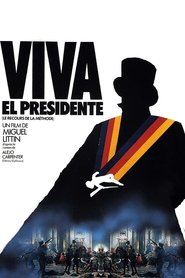 Set in the early 1900s this...
Set in the early 1900s this...The Recourse to the Method 1978
Set in the early 1900s, this film charts the rule of a Latin American dictator as he moves from being a charming despot to a tyrannical ruler before he is finally ousted, only to die in obscurity in Paris. Early in his regime, the resources and agricultural products his country sells command high prices, and he is a reasonably confident, even gentle, ruler who likes to take long vacations with his daughter in Paris. After World War I, with falling prices and a number of coup attempts behind him, his rule becomes quite cruel.
 Salvador Allende interviewed by Rgis Debray...
Salvador Allende interviewed by Rgis Debray...You Speak of Chile: What Allende Said 1973
Salvador Allende interviewed by Régis Debray in 1971.
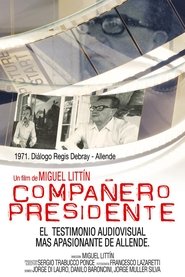 On January 4 1971 an extensive dialogue takes...
On January 4 1971 an extensive dialogue takes...Compañero Presidente 1971
On January 4, 1971, an extensive dialogue takes place between the president of Chile Salvador Allende and the French intellectual Regis Debray, a discussion about the Chilean process towards the installation of a socialist government. Filmed by a team from Chilefilms, a state-owned company dedicated to the production of audiovisual works, it is a unique testimony to Allende's thinking in the first year of his government.
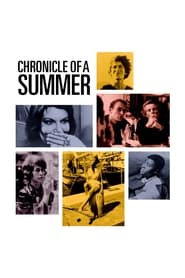 Paris summer 1960 Anthropologist and filmmaker Jean...
Paris summer 1960 Anthropologist and filmmaker Jean...Chronicle of a Summer 1961
Paris, summer 1960. Anthropologist and filmmaker Jean Rouch and sociologist and film critic Edgar Morin wander through the crowded streets asking passersby how they cope with life's misfortunes.
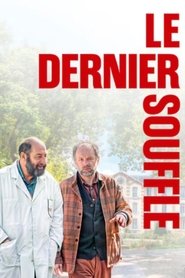 In a kind of philosophical dialogue...
In a kind of philosophical dialogue...